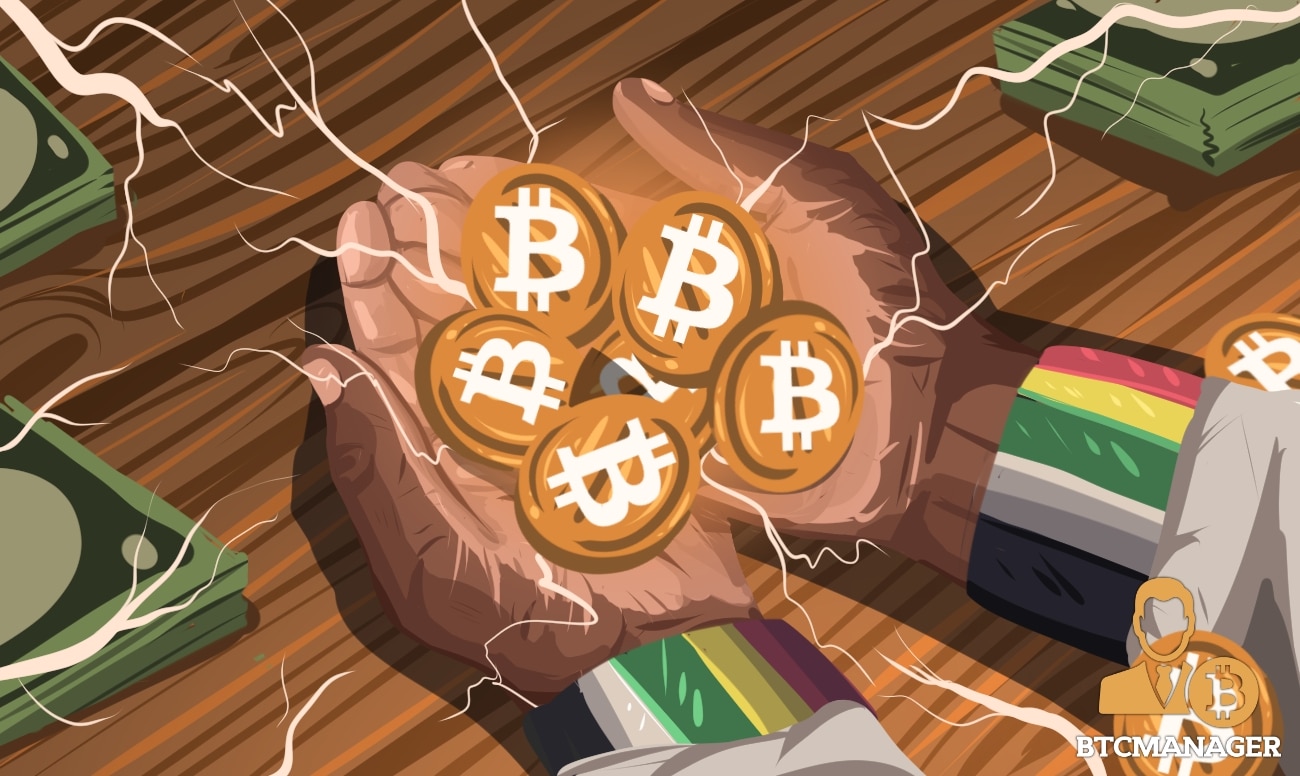Zimbabwe: People Are Still Buying Bitcoin to Shelter from Reckless Monetary Policy

According to a video published by VoaZimbabwe on July 18, 2019, Zimbabwe citizens are using bitcoin as a decentralized store of value to shelter from the reckless monetary policy adopted by the government.
Zimbabwe’s Monetary Policy
Following the controversial decision of banning local trading in foreign currencies, including the US dollar, with immediate effect starting from June 2019, Zimbabwe residents are facing monetary uncertainty as the decision also reintroduced the Zimbabwe dollar, which was abandoned because of hyperinflation in 2009 when the country mainly adopted the US dollar and the South African rand.
The move has shocked Zimbabweans, who have little faith in local currency – the exchange rate when the Zimbabwe dollar was scrapped was Z$35 quadrillion to USD 1.
Back in 2018, the Reserve Bank of Zimbabwe (RBZ) had also placed a mandatory shutdown in services meted by financial institutions to bitcoin businesses, stating that the institutions “must exit” any such relations in the next 60 days.
Crypto Players Face Ban
Following the ban, the country’s crypto sphere refused to go down without a fight and filed a lawsuit against the financial institution.
According to local news source ZimEye, Zimbabwe’s most significant digital currency firm Golix exchange took RBZ’s ban to the high court claiming that bitcoin regulations of this nature are not in the jurisdiction of the central bank. Specifically, the exchange argued that only the Parliament can make such a sensitive decision. The exchange also argued that the RBZ did not give ample time for notice nor a right of response when the ban was issued.
As RBZ representatives failed to appear in court on May 24, 2018, the High Court Judge Justice Alphas Chitakunye passed a default ruling against the draconian RBZ embargo regarding the possession, trading, and transfer of bitcoin and other cryptocurrencies.
Citizens Response Behaviour
According to a video published by VoaZimbabwe on July 18, 2019, residents are still purchasing cryptocurrencies, mainly bitcoin, both as a store of value and as a means of inclusion in the online commerce landscape. In fact, Zimbabwe local currency does not allow citizens to buy or sell online as it is worthless outside the country. Following the ban on foreign currency, bitcoin is the most accessible store of value accessible to the majority of the population to shelter from the uncertainty of the Zimbabwe Dollar.
Zimbabwean authorities are conscious that citizens are still engaging in trading with cryptocurrencies and are warning them about potential hacking exposure and other popular scam techniques. Despite this, residents are still very skeptical about the stability of the Zimbabwe Dollar and for the vast majority of the population, the benefit of cryptocurrencies outweighs their risks.















